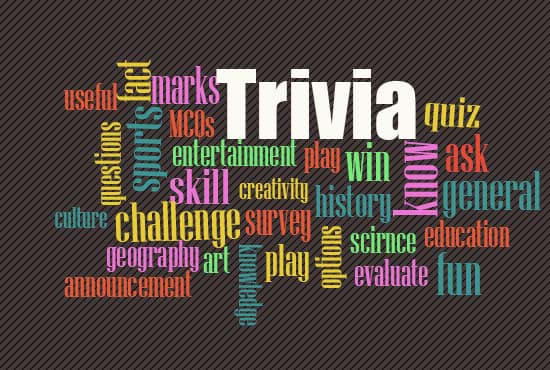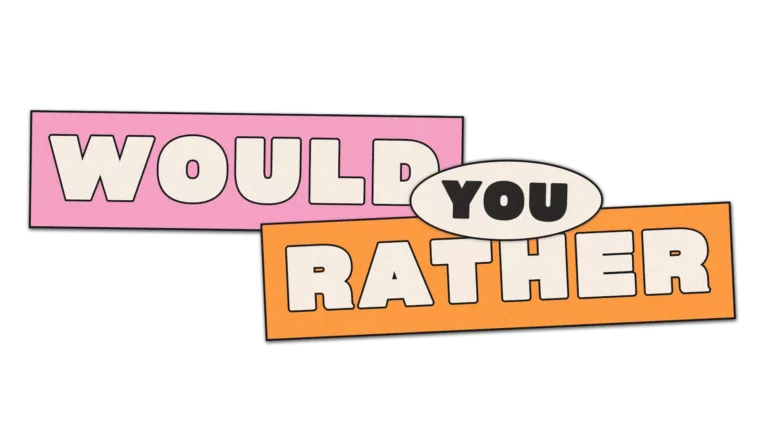Interview Questions You Need to Know for Any Job
Interview Questions can be nerve-wracking, but they don’t have to be. By preparing for your interview and knowing what questions to expect, you can increase your chances of success.
In this blog post, we will discuss some of the most common interview questions and how to answer them effectively. We will also provide tips on how to prepare for your interview and make a good impression on the interviewer.

What are the 10 common interview questions?
The 10 most common interview questions are:
- Tell me about yourself.
- Why are you interested in this position?
- What are your strengths and weaknesses?
- Where do you see yourself in five years?
- Why should we hire you?
- Tell me about a time when you had to overcome a challenge.
- What are your salary expectations?
- Do you have any questions for me?
- What is your greatest accomplishment?
- What do you know about our company?
These questions are designed to help the interviewer learn more about your skills, experience, and qualifications, as well as your fit for the position and the company. It is important to be prepared to answer these questions honestly and thoughtfully.
Tips on how to answer the 10 most common interview questions:
1. Tell me about yourself.
This is your chance to make a good first impression and give the interviewer an overview of your skills, experience, and qualifications. Focus on the most relevant information and be sure to highlight your strengths.
Here is an example:
I am a software engineer with 5 years of experience in developing and maintaining web applications. I have a strong understanding of Java, Python, and SQL, and I am proficient in using a variety of development tools and frameworks. I am also a team player and I am always eager to learn new things.
2. Why are you interested in this position?
Show the interviewer that you are genuinely interested in the position and the company. Explain what skills and experience you have that would make you a good fit, and what you are excited about about the opportunity.
Here is an example:
I am interested in this position because I am passionate about developing software that makes a positive impact on people’s lives. I am also excited about the opportunity to work on a team of talented and experienced engineers.
3. What are your strengths and weaknesses?
Everyone has strengths and weaknesses, so be honest and upfront about yours. Be sure to focus on your strengths and how they would be beneficial in the role. When discussing your weaknesses, be specific about what they are and what you are doing to improve on them.
Here is an example:
My strengths include my strong problem-solving skills, my ability to work independently and as part of a team, and my passion for learning new things. One of my weaknesses is that I can be a bit of a perfectionist, but I am working on this by delegating tasks more and being more forgiving of myself when I make mistakes.
4. Where do you see yourself in five years?
This question is designed to assess your career goals and ambition. Be specific about your goals and how the position fits into your overall plan.
Here is an example:
In five years, I see myself as a senior software engineer leading a team of engineers in developing and maintaining complex web applications. I am also interested in pursuing a management role in the future.
5. Why should we hire you?
This is your chance to sell yourself to the interviewer and explain why you are the best candidate for the job. Highlight your unique skills and experience, and explain how you would contribute to the team and the company.
Here is an example:
You should hire me because I am a skilled and experienced software engineer with a passion for developing high-quality software. I am also a team player and I am eager to learn new things. I am confident that I can make a significant contribution to your team and your company.
The other questions are all designed to learn more about your specific skills and experience, as well as your fit for the company culture. Be sure to answer each question honestly and thoughtfully, and provide specific examples to support your answers.
What are the famous interview questions?
Famous interview questions are those that are often asked by interviewers and have become well-known among job seekers. Some examples of famous interview questions include:
- Tell me about yourself.
- Why are you interested in this position?
- What are your strengths and weaknesses?
- Where do you see yourself in five years?
- Why should we hire you?
- What are your salary expectations?
- Do you have any questions for me?
These questions are designed to help the interviewer learn more about your skills, experience, qualifications, and fit for the position and the company. It is important to be prepared to answer these questions honestly and thoughtfully.
In addition to the common interview questions listed above, there are a number of other famous interview questions that are often asked by interviewers. Some of these questions are more challenging than others, but they are all designed to assess your skills and abilities in different ways.
Here are some examples of famous interview questions that are more challenging:
- What is your greatest fear?
- What is your favorite book and why?
- If you could have any superpower, what would it be and why?
- If you could have dinner with three famous people, who would they be and why?
- What is your favorite thing about yourself?
- What is your biggest regret?
These questions are designed to get to know you on a deeper level and to learn more about your values, beliefs, and motivations. It is important to be honest and thoughtful in your answers, and to avoid giving generic or cliché responses.
By being prepared to answer both common and challenging interview questions, you can increase your chances of success in your next job interview.
Tips for answering specific famous interview questions
- What is your greatest fear? This question is designed to assess your self-awareness and your ability to handle challenges. Be honest about your greatest fear, but also explain how you are working to overcome it.
- What is your favorite book and why? This question is designed to learn more about your values and interests. Choose a book that has had a significant impact on you and explain why.
- If you could have any superpower, what would it be and why? This question is designed to learn more about your motivations and goals. Choose a superpower that would help you to achieve your goals and explain why.
- If you could have dinner with three famous people, who would they be and why? This question is designed to learn more about your interests and values. Choose three famous people that you admire and explain why.
- What is your favorite thing about yourself? This question is designed to learn more about your self-confidence and your positive qualities. Be honest about what you like most about yourself and explain why.
- What is your biggest regret? This question is designed to learn more about your self-awareness and your ability to learn from your mistakes. Be honest about your biggest regret, but also explain what you have learned from it.
By following these tips, you can increase your chances of success in your next job interview.
What are good answers for biggest weakness?
When answering the “biggest weakness” interview question, it is important to be honest and authentic, while also highlighting your strengths and growth mindset. Here are some tips for giving a good answer:
- Choose a real weakness. Don’t try to make up a weakness that you think the interviewer wants to hear. Be honest about a weakness that you are working on improving.
- Be specific. When describing your weakness, be specific and provide examples. This will help the interviewer to understand the weakness better.
- Explain how you are working on improving your weakness. This is the most important part of your answer. Show the interviewer that you are aware of your weakness and that you are taking steps to improve it.
Here are some examples of good answers to the “biggest weakness” interview question:
- I am a perfectionist, which can sometimes lead me to procrastinate. I am working on overcoming this by setting realistic deadlines for myself and breaking down large tasks into smaller, more manageable ones.
- I am sometimes shy in group settings. I am working on overcoming this by volunteering to participate in meetings and activities, and by practicing my communication skills with friends and family.
- I have difficulty asking for help. I am working on overcoming this by reminding myself that it is okay to ask for help when I need it, and by identifying trusted colleagues who I can turn to for assistance.
- I am not very organized. I am working on improving my organization skills by using a planner and to-do list, and by setting aside time each week to declutter my workspace.
- I have difficulty saying no. I am working on improving my ability to say no by practicing with low-stakes requests, and by reminding myself that it is okay to set boundaries.
It is also important to note that you do not have to choose a weakness that is directly related to the job you are interviewing for. For example, if you are interviewing for a software engineering position, you do not have to say that your biggest weakness is public speaking. Instead, you could choose a weakness that is more general, such as procrastination or difficulty asking for help.
In conclusion
By following these tips, you can give a good answer to the “biggest weakness” interview question that will show the interviewer that you are honest, self-aware, and capable of growth.
If you have any questions drop them in the comment section.


